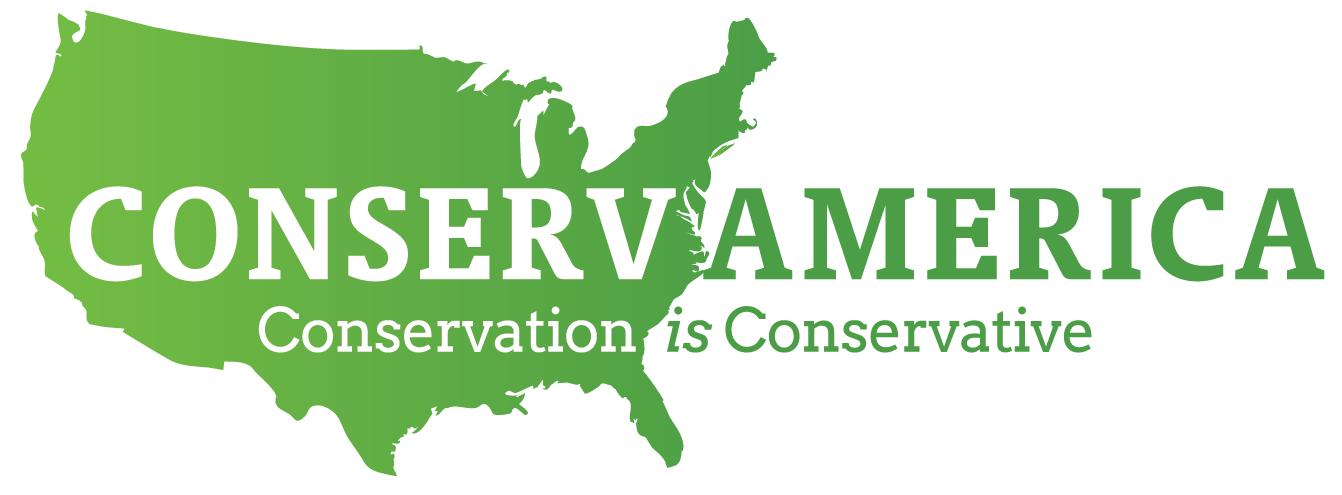Webinar: Modernizing the Federal Permitting Process
The federal permitting process can be burdensome and costly, with major infrastructure projects often taking a decade or more to permit. As Congress looks to invest billions of taxpayer dollars in improving the nation’s infrastructure, it must first overcome the inefficiencies and uncertainties within the permitting process.
ConservAmerica’s Todd Johnston hosted a discussion on March 23rd on improving the federal permitting process with a panel of experts that included former Federal Energy Regulatory Commission Chairman Neil Chatterjee, Tom Vinson of American Clean Power, Charlie Riedl of NGSA and the Center for Liquefied Natural Gas, and Alex Herrgott of the Permitting Institute. Check out the webinar by clicking on the image above or this link.
The United States needs increased infrastructure investment to strengthen the economy and competitiveness, create jobs, and reduce the costs of goods and services. With infrastructure at the forefront of President Biden’s domestic agenda, reforms are needed to ensure projects are built quickly and efficiently.
Inefficiencies in current infrastructure project decisions, including management of environmental reviews and permit decisions or authorizations, have delayed infrastructure investments, increased project costs, and blocked overdue infrastructure improvements.
Project developers are often required to obtain permits from multiple federal agencies before work can begin on a major project. The agencies reviewing those permit applications often fail to coordinate reviews with other agencies, resulting in duplication of effort and delays. Even after permits have been approved, projects can be tied up for years by environmental litigation.
The Russian invasion of Ukraine has pushed the issue of energy security to the forefront of the national consciousness. At the same time, the Federal Energy Regulatory Commission (FERC) issued policy guidance on permitting interstate natural gas pipelines and other natural gas infrastructure projects, including a framework for assessing their contribution to climate change, that would make it more difficult to permit critical energy infrastructure.
The decision by FERC’s Democratic majority to add new considerations for environmental and social issues in the evaluation of pipelines drew criticism from lawmakers on Capitol Hill and prompted a U.S. Senate Energy and Natural Committee hearing, and, ultimately, a reversal by the commission this week.
Former FERC Chairman Chatterjee, now with Hogan Lovells, said the policy changes were tone deaf and would have a chilling effect on investment when Europe is desperately trying to replace Russian oil and natural gas supply needs U.S. LNG exports.
“There are 21 pending projects before the commission; many of them have been sitting for two years,” Chatterjee said. “To apply these new conditions to already pending projects is unfair.”
FERC now says it won’t apply the draft policy guidance to existing permit applications. But the commission is taking public comments on the drafts for the next month and may eventually apply them to future projects.
On the webinar, Chatterjee and the other participants said the federal government should strive to unleash private-sector innovation and investment, not restrict it. The permitting process should be streamlined to make it faster, more predictable, and transparent without sacrificing meaningful public engagement or environmental protection.
Watch the webinar by clicking on the image above or here.
